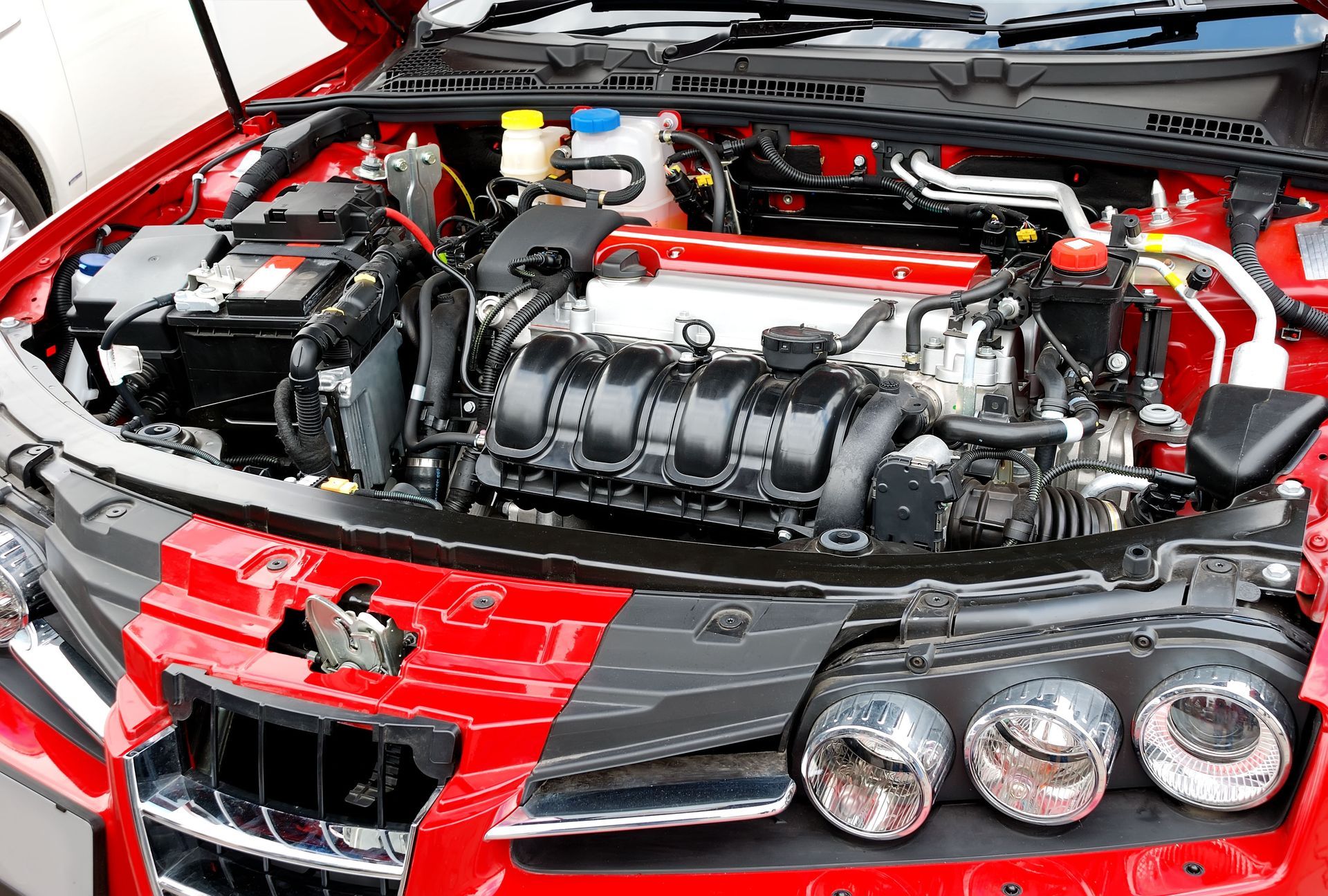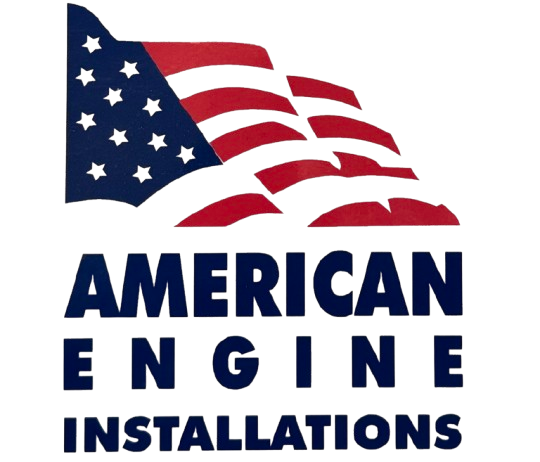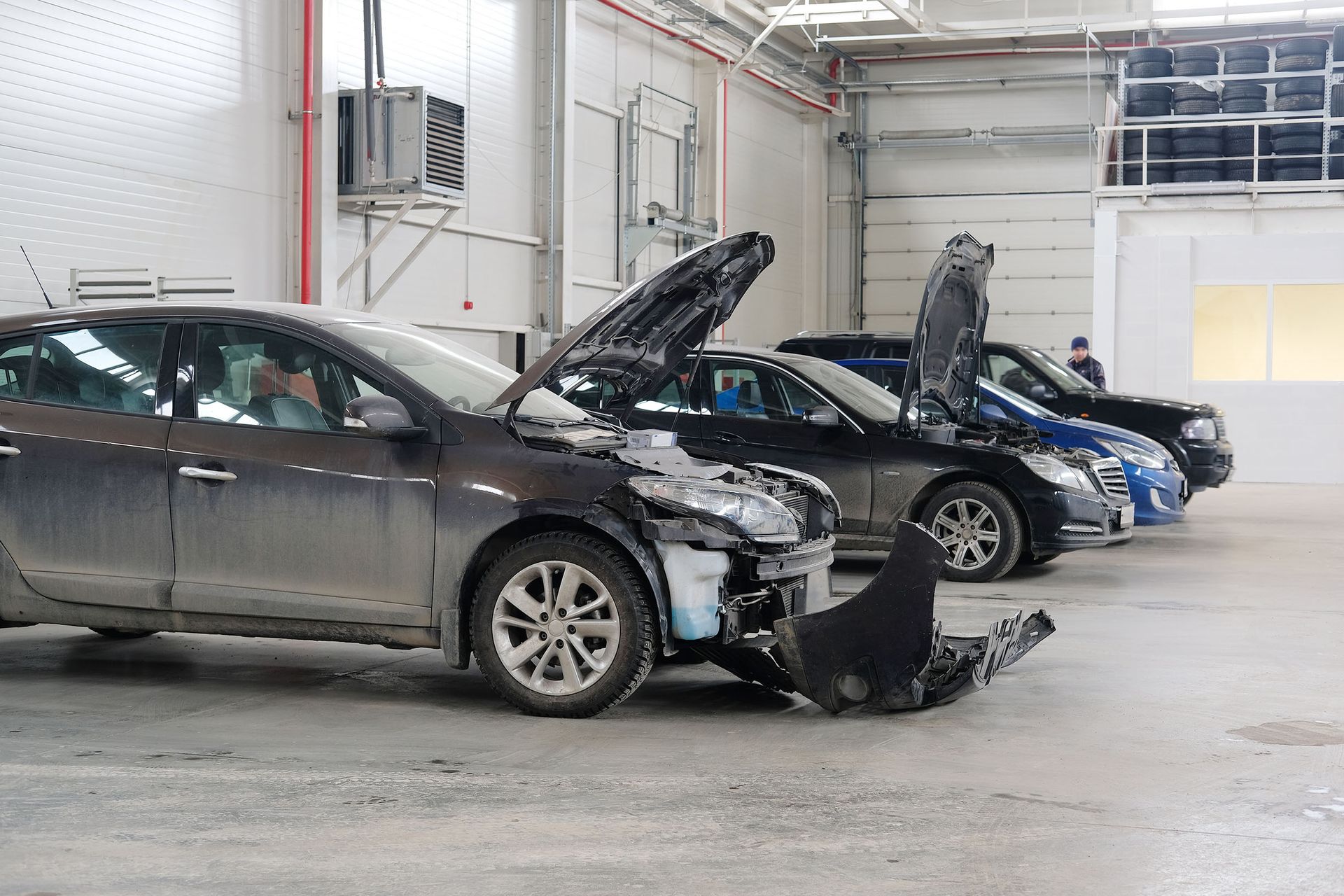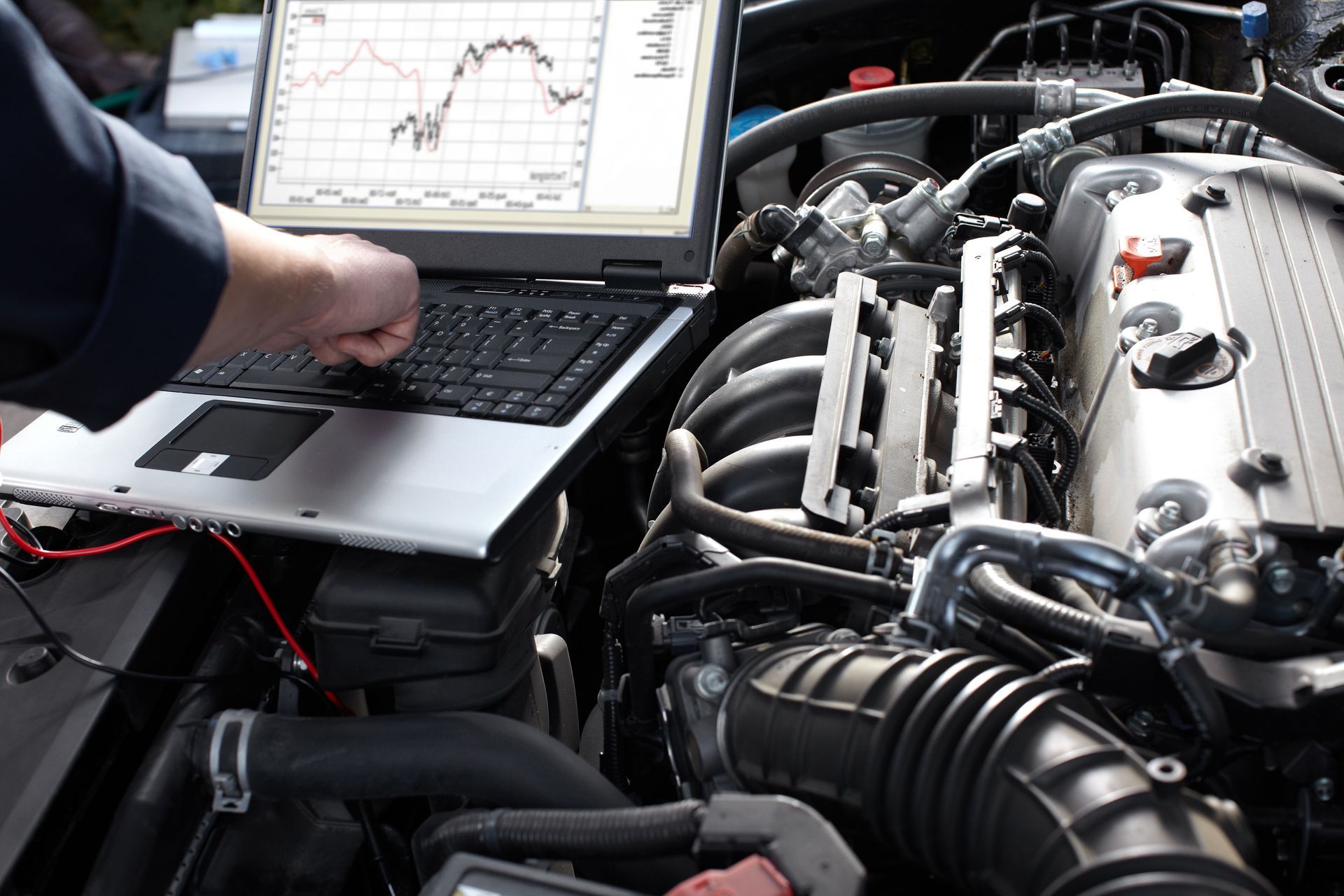What Are the Benefits of Buying a Refurbished Engine?

No Need to Buy a New Car… Yet
Not everyone wants to buy a new car every year – or two years, or three years. There are some people that will actually keep a car “until the wheels fall off”, including keeping the same car after the engine blows up or quits working. These folks have a refurbished engine installed, or else do the job themselves, and they can typically drive that car another five to ten years, or even longer.
What Is a Refurbished Engine?
And what is replaced when rebuilding an engine? A refurbished engine refers to when the mechanic determines what engine part(s) is having a problem and replaces just those parts. The overall general wear and tear of the engine aren’t taken into consideration with a refurbished engine. Therefore, the mechanic doesn’t take the entire engine apart, nor do they clean it or completely inspect the engine.
For an easy and fast way to get your car back on the road after having mechanical problems, getting a refurbished engine job is the way to go. However, that is only going to address any immediate problems you’re having. If there are underlying issues that haven’t surfaced yet, you could find yourself back at the garage.
What Does Rebuilding an Engine Do?
Probably more than you realize! A rebuilt engine will have improved gas mileage with fewer pollutants emitted. Energy is saved by rebuilding an engine because there is less going to the landfill. Once the rebuilt is completed, with proper routine maintenance, the engine will last as long as an engine in a brand new car.
Think of the money you’ll be saving with a rebuilt engine too! Your other options include a new car – with car payments and higher insurance. That’s something that can definitely cost a pretty penny.
Does Rebuilding an Engine Make it Like New?
And are rebuilt engines reliable? In fact, a rebuilt engine is often a superior engine compared to what is in cars today. There are better parts available, and not just what the manufacturer’s factory issues. An engine rebuild is often done after some parts on new cars have proven to be faulty. The new replacement parts have gone through design changes to make them more dependable and reliable than the original engine parts.
Does Rebuilding an Engine Reset the Mileage?
No, it does not. The mileage on a car’s odometer is for the total miles on the entire car, every component, from top to bottom, inside and out. In fact, it is illegal to reset a car’s odometer. Why? What’s so important about the mileage on the other components?
The mileage readout tells the full story about your car and the hundreds of components inside it. Yes, the engine is the main component, and it is the most expensive component. However, each component has a number of miles it is good for, and any buyer of the car should know the truth of the age and mileage on each component.
So, what are all these important components? There are electrical and mechanical components, some needing maintenance and replacement over time, which will give them a new beginning. If the mileage were changed on the odometer because of a new engine, these parts could miss getting the attention they need at critical mileage points. Those important components are:
- Brakes
- Differentials
- Steering
- Suspension
- Transmission
Work that needs to be done at different points in a car’s mileage would include your oil and filter change, the brake fluid flush, transmission flush, and similar jobs.
How Much Does a Refurbished Engine Cost?
Pricing will vary from car to car and the type of engine within the car. The average pricing comes in a wide range between $1,000.00 and up to $4,000.00. A refurbished engine is the same as a remanufactured engine because it is bringing the existing engine up to the level the engine was when the car was new. Many mechanics that focus on this type of work will either have access to the blueprints from the factory or know where they can get them.
Is It Worth Getting a Rebuilt Engine?
As your car engine wears and tears, and you know it is time to do something, a rebuilt engine, a refurbished engine, or a new car all come to mind. Whether you want a new car payment is a personal budget matter and obligation. In addition to the cost and the time to rebuild or refurbish engines, there are other considerations to make.
The time refers to how long are you going to be without a car while waiting on a rebuilt engine or refurbished engine. Do you have another means of transportation? Then there is the cost factor, which a mechanic can give you a rough estimate of, pretty close to the last penny in most cases. So, is a rebuilt engine worthwhile? Here are the pros and cons to consider:
The Pros
- A rebuilt engine doesn’t require the engine to be completely disassembled and cleaned. This makes the work faster and the cost cheaper.
- Part failure is minimal to none with engine rebuilding because the parts aren’t removed until needed.
The Cons
- A rebuild will only replace the problem parts, so the lifespan of a car engine doesn’t extend.
- The debris and grime that accumulates over time is not cleared away
- The normal wear and tear from your regular driving won’t be updated or replaced, so all components not replaced still have the same mileage.
- A rebuilt engine doesn’t come with any warranty.
In Closing
So, what is the difference between rebuilt and remanufactured engines? A rebuilt engine is only going to include replacing the part or parts that are giving your car problems. A remanufactured, or refurbished engine is bringing the current engine back up to standards when the engine was new at the factor. If you’d like to learn a bit more about what you can expect with a refurbished engine, you can get in touch with us by calling (404) 920-4252.






Share On: